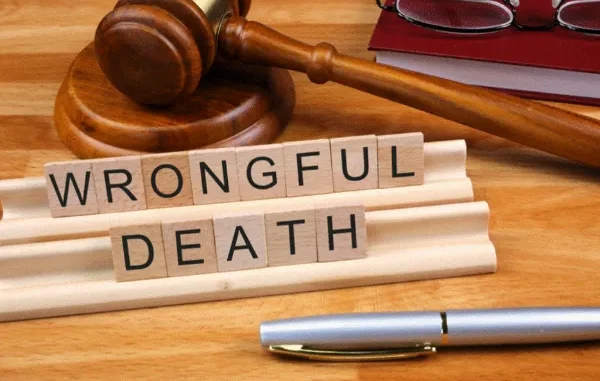

Losing a loved one unexpectedly is one of the most painful experiences any family can face. When the loss is caused by another person’s negligence or misconduct, the grief is compounded by anger and unanswered questions. In such moments, families often turn to attorneys who specialize in wrongful death cases. These legal professionals provide guidance, support, and advocacy during one of life’s most difficult chapters. Seeking legal help for families in wrongful death claims can be the first step toward justice and accountability.
Understanding Wrongful Death
A wrongful death occurs when a person dies as the direct result of another party’s negligence, recklessness, or intentional act. Common examples include medical malpractice, motor vehicle accidents, workplace incidents, defective products, and even violent crimes. While no lawsuit can bring back a loved one, wrongful death claims aim to provide surviving family members with financial stability and hold responsible parties accountable.
Attorneys play a central role in navigating the laws surrounding these claims, which often differ from state to state. They help families understand their rights and the potential remedies available under the law.
Investigating the Cause of Death
One of the first steps attorneys take is investigating the circumstances that led to the death. This may involve collecting accident reports, reviewing medical records, interviewing witnesses, or working with expert professionals such as accident reconstructionists and medical specialists.
The goal is to build a strong case that clearly shows how negligence or misconduct caused the tragedy. Families, while coping with grief, often do not have the resources or capacity to manage such investigations on their own. Attorneys relieve that burden by ensuring no detail is overlooked.
Determining Who Can Be Held Liable
Wrongful death cases often involve multiple parties who may share responsibility. For instance, in a truck accident case, liability might extend to the driver, the trucking company, or even the manufacturer of a faulty vehicle part. Attorneys carefully analyze all angles to identify every potential source of accountability.
By doing so, they help maximize the chances of a successful outcome. Without skilled legal guidance, families may miss opportunities to hold all responsible parties accountable.
Calculating the Full Extent of Damages
Another crucial aspect of a wrongful death claim is determining the financial and emotional losses suffered by surviving family members. Attorneys assist in calculating damages such as:
- Funeral and burial expenses
- Lost income and future earning potential
- Medical bills related to the incident
- Loss of companionship, guidance, and emotional support
- Pain and suffering experienced by the deceased before death
These calculations can be complex, especially when estimating future financial contributions the deceased would have made. Attorneys rely on expert testimony and financial analysis to ensure the compensation sought reflects the true impact of the loss.
Negotiating Fair Settlements
Many wrongful death claims are resolved through negotiations before going to trial. Attorneys act as skilled negotiators, ensuring that insurance companies or defendants do not undervalue the claim. Families may feel pressured to accept the first settlement offered, but attorneys know how to push for fairer outcomes.
This step is vital because wrongful death settlements are meant to secure the family’s financial future while acknowledging the deep loss suffered. Without legal representation, families risk accepting less than what they deserve.
Taking the Case to Trial if Necessary
If negotiations fail, attorneys are prepared to take the case to court. Litigation involves presenting evidence, questioning witnesses, and making compelling arguments before a judge or jury. Having an experienced wrongful death attorney ensures the family’s voice is heard and their case is presented in the strongest possible way.
Trials can be emotionally draining for families, but attorneys provide both advocacy and support throughout the process. Their role is not only legal but also compassionate, as they stand beside families during an incredibly difficult time.
Providing Emotional and Practical Support
Beyond the courtroom, attorneys also offer guidance on the practical aspects of navigating life after a wrongful death. They connect families with grief counselors, financial advisors, and support networks. While their main function is legal representation, many attorneys recognize the importance of providing holistic support to grieving families.
Conclusion
Securing justice after a wrongful death requires more than legal knowledge—it demands compassion, persistence, and dedication. Attorneys help families investigate the truth, identify responsible parties, calculate damages, and fight for fair compensation. While no amount of money can replace a loved one, holding negligent parties accountable can bring a sense of closure and help prevent similar tragedies in the future.
For families facing the devastating aftermath of a wrongful death, having a trusted attorney can make all the difference in the pursuit of justice.






Leave a Reply